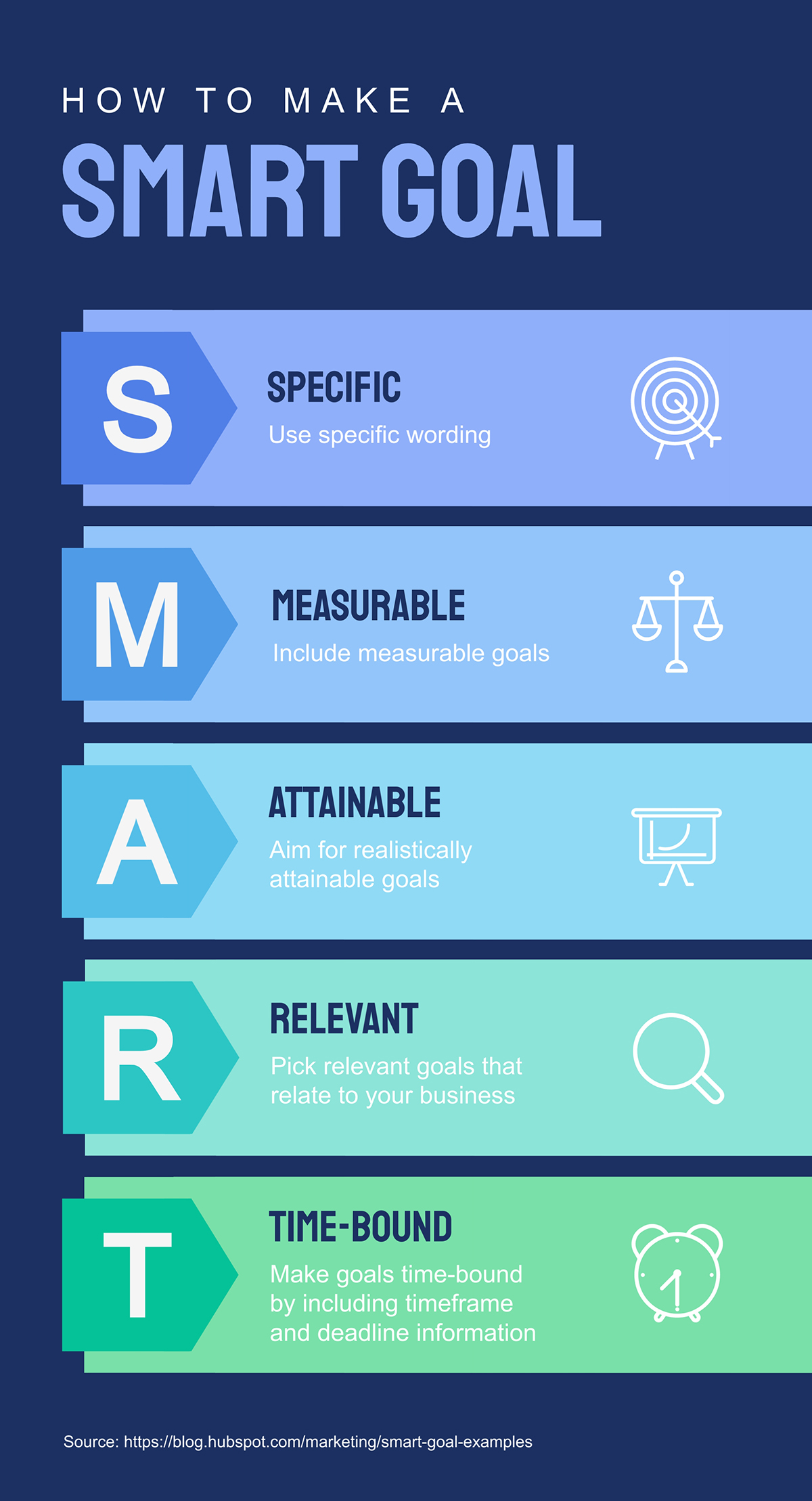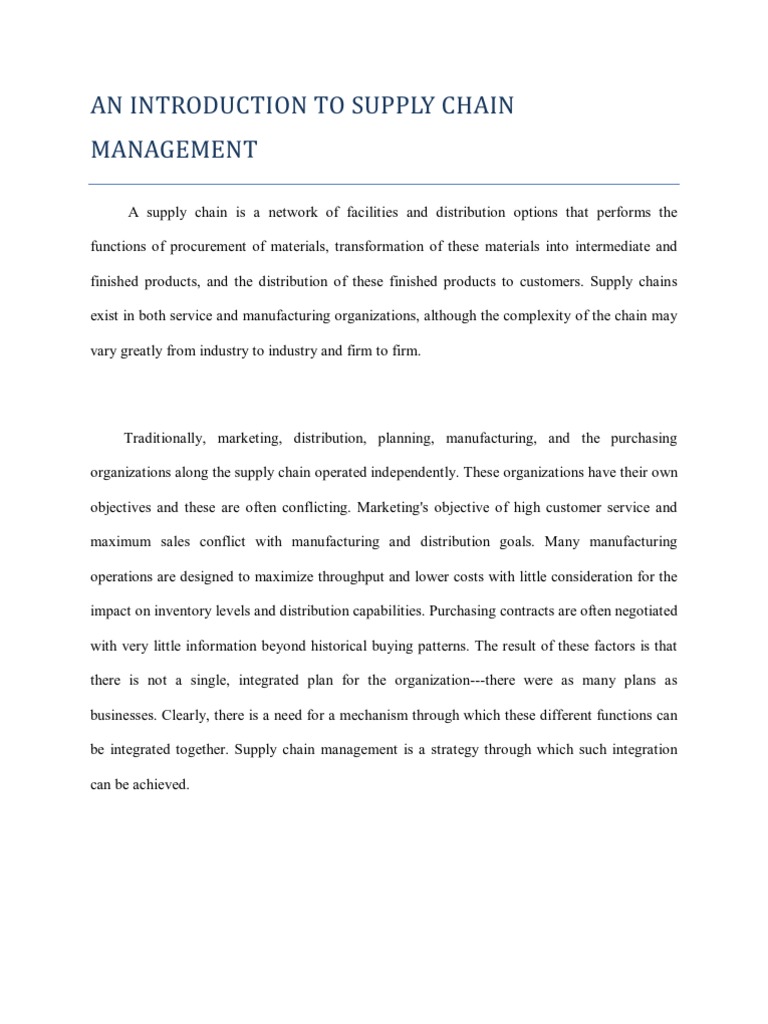
Supply chain management courses are offered by universities around the world. These courses will provide you with the knowledge and principles of the field. They can also help you manage your business. This field is also available for certification. Depending on your needs, you can choose to study this at university, online, or in a private training center.
Concepts
Supply Chain Management courses teach students how to plan, manage, and implement a supply chain. They will also use concepts from quality management, purchasing, and lean to manage the supply chain. Students will also learn about different analytics used in supply chains and how to use them to solve business problems. Students will learn about stochastic demand, lead times, queue psychology, and design for logistics.

Principles
These principles will help you to manage your business effectively so that goods and services are always available and in good condition. Supply chain management involves planning, designing, and managing the entire supply chains. Supply chain management principles are used to meet customers' needs and manage costs.
Methodologies
Methodologies in Supply Chain Management courses include the latest trends and techniques that can be used to build successful supply chains. These courses are designed to help students appreciate the value of data-driven analyses and their role in recommending actions. Students are taught how to apply data-driven analytical tools to three real-world supply chains projects. They also learn about customer supplier relationships and ethical considerations.
Costs
Companies need strategies and tactics to optimize operations, in order reduce supply chain costs. They must also make decisions to reduce costs and improve productivity. These decisions can have a negative impact on the bottom line of a company. These are the goals of supply chain management courses.
Internships
Internships as supply chain managers are a great way of gaining valuable experience in a business environment and to develop your skills. This internship is a great way to learn basic supply chain management skills while working in a top company. You will get to experience the inner workings and senior leadership, as well as work on multiple projects. You will also get valuable experience in logistics operations and business operations.

Requirements
It is important to have the right prerequisites if you are interested in a career as a supply chain manager. Before you can enroll in a course, it is important to have an understanding of statistics and operations. It is important that you are comfortable using a computer. Online courses in supply chain management can only be taken by those who have reliable internet access.
FAQ
Six Sigma is so popular.
Six Sigma is easy to use and can lead to significant improvements. It can also be used to help companies identify and focus on the most important aspects of their business.
What is Kaizen?
Kaizen refers to a Japanese term that stands for "continuous improvements." It is a philosophy which encourages employees in continuously improving their work environment.
Kaizen is based upon the belief that each person should be capable of doing his or her job well.
What role should a manager play within a company
There are many roles that a manager can play in different industries.
Managers generally oversee the day-today operations of a business.
He/she will ensure that the company fulfills its financial obligations.
He/she ensures that employees follow the rules and regulations and adhere to quality standards.
He/she designs new products or services and manages marketing campaigns.
Statistics
- This field is expected to grow about 7% by 2028, a bit faster than the national average for job growth. (wgu.edu)
- The BLS says that financial services jobs like banking are expected to grow 4% by 2030, about as fast as the national average. (wgu.edu)
- Your choice in Step 5 may very likely be the same or similar to the alternative you placed at the top of your list at the end of Step 4. (umassd.edu)
- As of 2020, personal bankers or tellers make an average of $32,620 per year, according to the BLS. (wgu.edu)
- Our program is 100% engineered for your success. (online.uc.edu)
External Links
How To
How does Lean Manufacturing work?
Lean Manufacturing processes are used to reduce waste and improve efficiency through structured methods. These processes were created by Toyota Motor Corporation, Japan in the 1980s. The primary goal was to make products with lower costs and maintain high quality. Lean manufacturing is about eliminating redundant steps and activities from the manufacturing process. It includes five main elements: pull systems (continuous improvement), continuous improvement (just-in-time), kaizen (5S), and continuous change (continuous changes). It is a system that produces only the product the customer requests without additional work. Continuous improvement is constantly improving upon existing processes. Just-intime refers the time components and materials arrive at the exact place where they are needed. Kaizen means continuous improvement, which is achieved by implementing small changes continuously. Last but not least, 5S is for sort. These five elements are used together to ensure the best possible results.
Lean Production System
Six key concepts form the foundation of the lean production system:
-
Flow is about moving material and information as near as customers can.
-
Value stream mapping - break down each stage of a process into discrete tasks and create a flowchart of the entire process;
-
Five S's – Sort, Put In Order Shine, Standardize and Sustain
-
Kanban: Use visual signals such stickers, colored tape, or any other visual cues, to keep track your inventory.
-
Theory of constraints - identify bottlenecks during the process and eliminate them with lean tools like Kanban boards.
-
Just-in time - Get components and materials delivered right at the point of usage;
-
Continuous improvement: Make incremental improvements to the process instead of overhauling it completely.